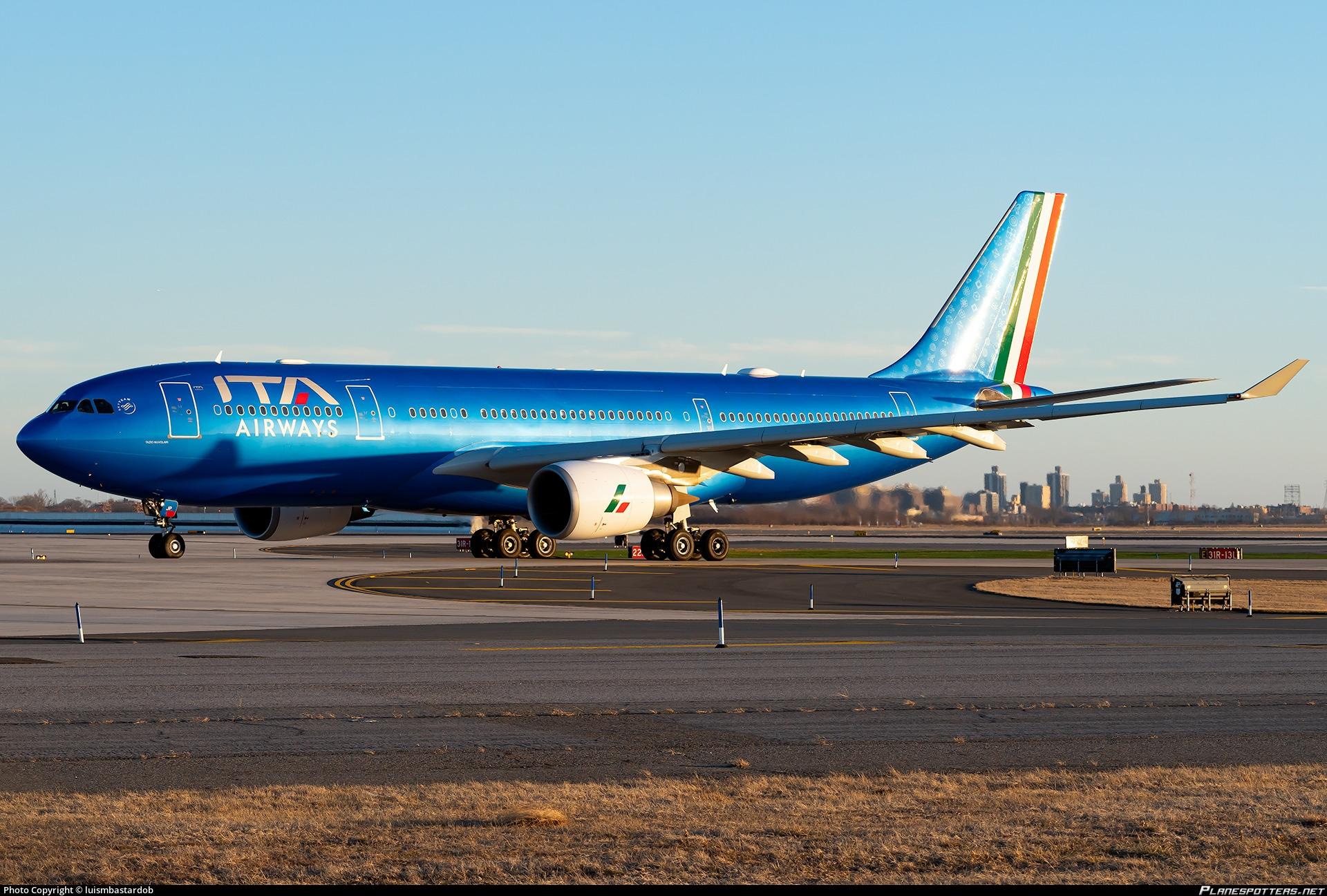MILAN, Jan. 31 (Class Editori) -- While Brussels takes its time authorizing Lufthansa's entry with an initial 41% stake, the preliminary 2023 financial results of Ita reveal the first good news.
Revenues take off
After 18 months of effective operations, the long-haul sector has achieved profitability, doubling its share of passenger revenues to one billion euros out of a total of 2.1 billion euros (+67%). EBITDA fluctuates between breakeven and a positive balance of several tens of millions of euros, with a 350 million improvement over 2022 and a 100 million increase over the budget.
Based on these premises, according to top executives' estimates, CEO Antonino Turicchi and General Manager Andrea Benassi, 2024 could see Ita achieving profitability, a result that would trigger Lufthansa's first call option, scheduled for 2025, in which the German Company would increase its stake from 41% to 90% in one go.
Everyone at the Fiumicino headquarters hopes that the Antitrust Authority does not drag out the dossier like others that are still pending in Brussels, and that Linate's slot allocation is flexible enough to help speed up the process.
However, there is no perceived risk that Ita will run out of steam, as it is no longer supported by the Ministry of Economy and Finance (MEF) and has yet to benefit from Lufthansa's contribution.
What is in the cash reserves
"We have more than 450 million euros, which is 30 million more than in 2022. In the meantime, we received another 250 million from the latest installment of the MEF's capital increase, but we used them to purchase aircraft. These are resources invested to grow, not just to survive. Ita is not depleting its cash; it is generating what it needs," Turicchi explains.
The plan is to operate as a stand-alone entity through 2024, with the current fleet of 83 aircraft expected to increase to 96, "66% of which are of the new generation," according to General Manager Benassi. Ita has been able to rely on a credit line of 90 million euros from banks, guaranteed by Sace, and a financing of 80 million euros to acquire the first A330-900.
The revenge of Air France and Delta
Even if the EU gives the green light by next June, the plan with Lufthansa would still take off in 2025. However, the first synergies would be activated immediately, with simpler actions to start leveraging the alliance: more flights to feed the Fiumicino hub, for example, and code-sharing with the entire German Group.
On the other hand, Air France and Delta did not wait to penalize Ita, treating it as a former commercial partner. "Since last April, they have canceled all code-sharing agreements, which we have instead maintained with other SkyTeam partners," Turicchi confirms. Meanwhile, other sources reveal the Germans' plans to revive the Alitalia brand: the most likely scenario is that it will serve as the name of the group that will consolidate Lufthansa's Italian operations, namely Ita and Air Dolomiti.
In the meantime, Italian airports are increasingly focusing on sustainable investments. Confirmation comes from the conference titled "The Italian airport system: green investment, digital innovation, and quality of service," organized by the Italian embassy in Belgium and the Aeroporti 2030 association. The conference also provided an opportunity for a bilateral meeting between Italy and Belgium regarding Charleroi Airport, discussing the traffic results achieved by the airport and future prospects.
Save's management in Brussels
Save, the Group managing the Northeastern Airport Hub in Italy (including airports in Venice, Treviso, Verona, and Brescia), now holds 48.3% of Brussels South Charleroi Airport (BSCA). Data reported that in 2023, passengers amounted to 9.4 million, a historic record for the Belgian airport. BSCA has committed to reducing CO2 emissions from airport operations by 35% by 2030, with the goal of completely eliminating them by 2050.
According to the President of the Veneto Region, Luca Zaia, "it is necessary to maintain a forward-thinking investment policy. Remote-controlled aircraft, new drones, and artificial intelligence (AI) require us to be completely focused on ongoing changes, knowing how to anticipate trends and emphasizing aspects related to sustainability, intermodality, and ecology".
(Source:Class Editori)
Notice: No person, organization and/or company shall disseminate or broadcast the above article on Xinhua Silk Road website without prior permission by Xinhua Silk Road.




 A single purchase
A single purchase









